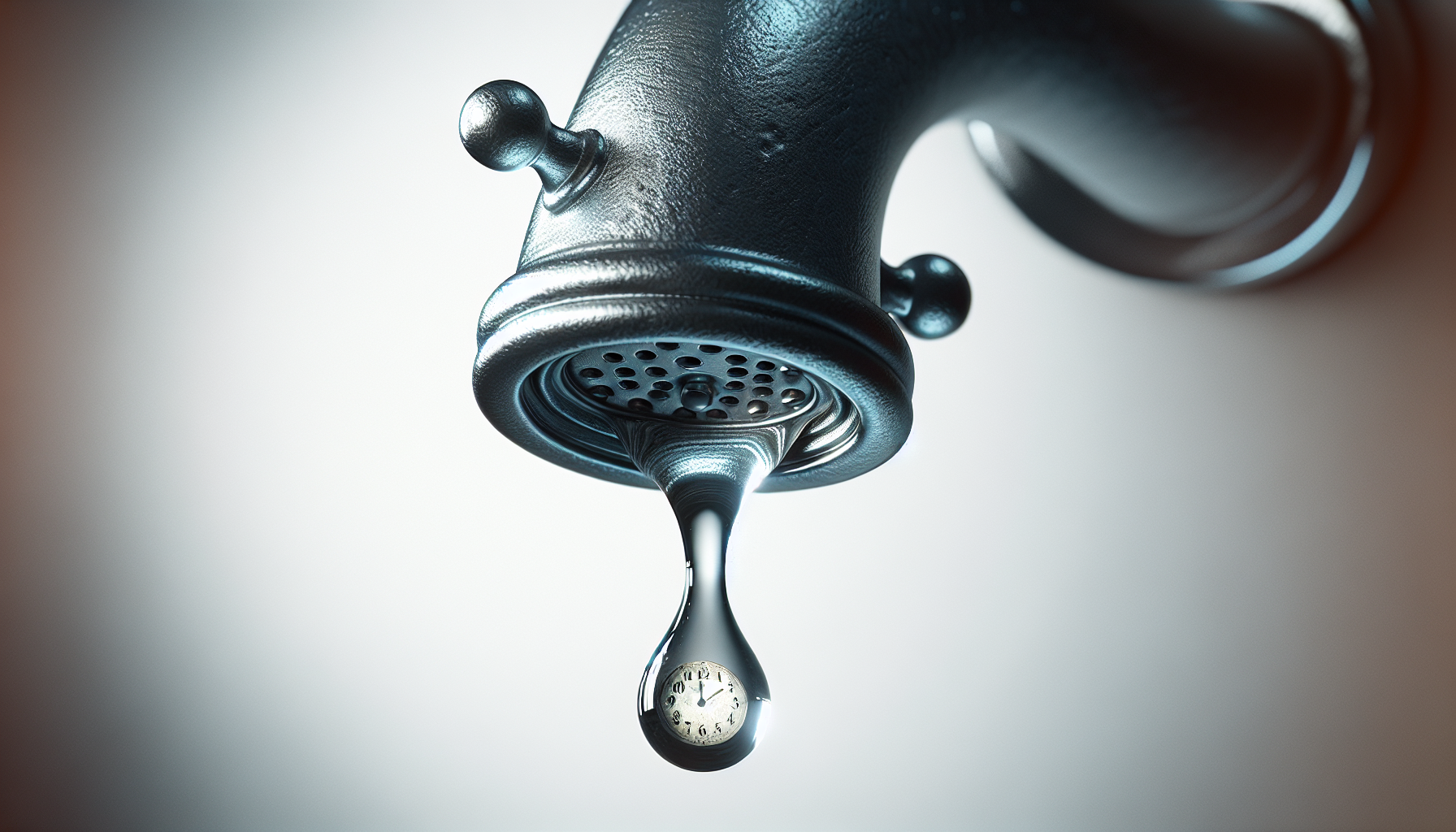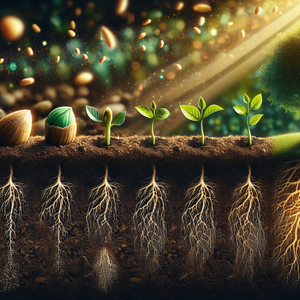The Art of Water Efficiency: Pioneering a Sustainable Future

The issue of water scarcity is growing more critical each year, with projections suggesting that by 2025, two-thirds of the global population could face water shortages. This stark reality underscores the importance of water efficiency. Inefficient water use exacerbates strain on already limited resources, necessitating immediate action and innovative solutions. For example, a seemingly innocuous leaky faucet can waste up to 3,000 gallons of water annually, highlighting the significance of addressing even the smallest inefficiencies in our water systems.
Innovative Plumbing Solutions
1. **Low-Flow Fixtures**: Traditional plumbing fixtures often consume more water than necessary. Low-flow faucets, showerheads, and toilets are designed to minimize water consumption without sacrificing performance. These devices utilize aerators and pressure technology to maintain water flow while significantly reducing usage. By installing low-flow fixtures, households can substantially lower their water consumption and contribute to conservation efforts. 2. **Smart Water Systems**: The integration of smart technology into plumbing has revolutionized water management. Smart water meters and leak detectors offer real-time data on water usage, enabling homeowners to identify wasteful patterns and potential leaks. These systems can be controlled remotely, allowing for instant adjustments and timely interventions. The capacity to monitor and manage water use more effectively empowers individuals to take proactive steps toward conservation. 3. **Greywater Recycling**: Greywater systems capture and treat water from sinks, showers, and washing machines for reuse in irrigation and toilet flushing. This practice not only reduces the demand for freshwater but also minimizes wastewater generation, making it an appealing choice for sustainable households. By recycling greywater, we can reduce our reliance on freshwater sources and decrease the environmental impact of wastewater.
Expert Insights into Eco-Friendly Practices
To deepen our understanding of water efficiency, we consulted John Miller, a plumber with expertise in sustainable practices. "Transitioning to water-efficient systems isn't just about technology; it's about changing habits," Miller emphasizes. According to him, simple actions like promptly fixing leaks, choosing efficient appliances, and being mindful of water use during daily activities can make a significant difference. Awareness and behavioral changes are crucial components of achieving water efficiency.
Case Studies in Water Efficiency
One inspiring example of water efficiency in action is the city of Las Vegas, which has implemented a comprehensive water conservation program. By incentivizing the replacement of grass lawns with desert landscaping and investing in advanced water recycling facilities, Las Vegas has managed to reduce its water consumption by 23% over the last two decades, despite a population increase. This demonstrates the effectiveness of combining policy initiatives with technological advancements. Another notable case is a hotel chain that installed smart shower systems across its properties. By alerting guests when they've used a certain amount of water, the chain encourages shorter showers, resulting in a 20% decrease in water usage. This example illustrates how technology can be used to influence behavior and promote conservation.
The path to water efficiency is paved with innovation, awareness, and collaboration. By embracing cutting-edge plumbing technologies and eco-friendly practices, individuals and communities can contribute to water conservation efforts that will have a lasting impact on our planet. As we continue to explore new ways to optimize water use, it is crucial that we also foster a culture of sustainability, ensuring that the art of water efficiency becomes an integral part of our daily lives. In doing so, we not only protect our precious resources but also pave the way for a more sustainable future for generations to come. Through collective efforts, we can create a world where water efficiency is the norm, safeguarding our planet for future generations.
Water Conservation Specialist
Government agencies, environmental consulting firms, and utility companies
Core Responsibilities
Develop and implement water-saving strategies for residential, commercial, and municipal clients.
Conduct water audits to identify inefficiencies and recommend improvements.
Collaborate with stakeholders to promote sustainable water use practices.
Required Skills
Expertise in water resource management and sustainability practices.
Strong analytical skills to assess water usage patterns and devise conservation strategies.
Excellent communication skills for public outreach and education initiatives.
Plumbing Engineer - Sustainable Systems
Engineering consultancies, construction companies, and green technology firms
Core Responsibilities
Design and oversee the installation of innovative plumbing systems, including low-flow and greywater systems.
Evaluate new plumbing technologies for efficacy in water conservation.
Ensure compliance with environmental regulations and standards.
Required Skills
Proficiency in CAD software and plumbing system design.
Knowledge of current plumbing codes and sustainable practices.
Problem-solving skills to address complex plumbing challenges.
Smart Water Systems Technician
Utility companies, smart technology manufacturers, and residential service providers
Core Responsibilities
Install, maintain, and repair smart water meters and leak detection systems.
Analyze data from smart systems to identify and address water waste.
Educate clients on the use and benefits of smart water technologies.
Required Skills
Technical expertise in smart technology and IoT systems.
Strong diagnostic and troubleshooting abilities.
Customer service skills for client interaction and education.
Environmental Policy Analyst - Water Resources
Government agencies, non-profit organizations, and think tanks
Core Responsibilities
Research and analyze policies affecting water resource management and conservation.
Develop policy recommendations to enhance water efficiency and sustainability.
Liaise with government bodies and advocacy groups to advance water conservation initiatives.
Required Skills
Strong research and analytical skills in environmental policy.
Excellent written and verbal communication for policy advocacy.
Understanding of legislative processes related to environmental management.
Sustainability Consultant - Water Efficiency
Consulting firms, large corporations, and environmental NGOs
Core Responsibilities
Advise businesses and municipalities on integrating water-efficient practices and technologies.
Conduct workshops and training sessions to promote water conservation.
Develop sustainability reports and metrics to track water usage improvements.
Required Skills
Expertise in sustainability practices and water efficiency technologies.
Strong project management and organizational skills.
Ability to engage and influence diverse stakeholders.


